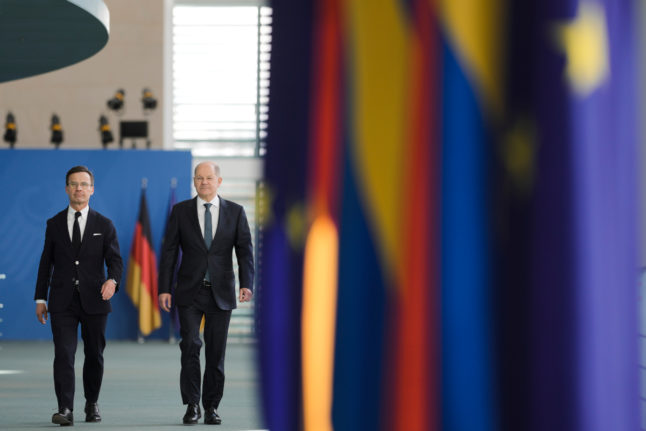In its decision, viewed by AFP, the armed forces said the assessment was based on “the reporting that has emerged through open sources regarding how the app handles user information and the actions of the owner company ByteDance”.
“Using mobile phones and tablets can in itself be a security risk so therefore we don’t want TikTok on our work equipment,” Guna Graufeldt, press secretary at the armed forces, told AFP.
Last week, the parliament in neighbouring Norway banned the use of the app on devices with access to parliament’s system and on Friday France banned public sector employees from downloading “recreational applications” on their work phones, which included TikTok.
TikTok is hugely popular worldwide for sharing short, viral videos. The European Commission as well as governments in the Netherlands, Britain, the United States, Canada and New Zealand have told officials they cannot use TikTok on work devices over fears of ties to the communist government in Beijing.
The group has insisted that the Chinese government has no control over or access to its data.
But the firm acknowledged in November that some employees in China could access European user data, and in December it said employees had used the data to spy on journalists.
Beijing said last week that it did not ask companies to hand over data gathered overseas.
China “has never and will not require companies or individuals to collect or provide data located in a foreign country, in a way that violates local law”, foreign ministry spokesperson Mao Ning said.



 Please whitelist us to continue reading.
Please whitelist us to continue reading.
Member comments